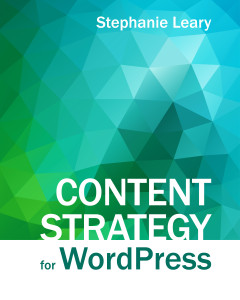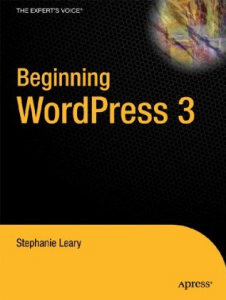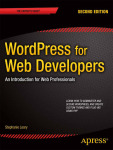Or, How Not to List Your Books in Such a Way as to Make Your Readers Rend Their Garments in Despair.
Another common question from the RWA talk: “What content should the site have?” Or, put another way, “What do readers want?”
I like this question. I’m going to talk about it at great length, but for now I want to focus on the one thing every single author’s website should contain: a list of their books. (I was going to say “that every author’s website contains,” but I ran across one recently that, mind-bogglingly, didn’t, so I’m sticking with “should.”)
Admittedly, this is pretty much a no-brainer. But there are a lot of ways the basic book list could be better.
Some suggestions:
- Note which books are out of print. Note which books were written under another name. Note which ones won awards.
- Link all books to a store of some kind. Link to any store you like, but link somewhere. Even out of print books can be linked to a used book search site like isbn.nu.
- If a local store keeps signed copies of your books, mention that on your site and include a link to the store if they’re online. If they’re not, provide a phone number.
Linking to bookstores: a digression
This comes down to your personal philosophy on bookstores – Amazon is evil because they list used books alongside new ones; B&N is evil because they drove your local mystery shop out of business. Whatever. Here’s mine: don’t dictate to me where to buy. Offer me links to the store that has the most information about your books. Now, for the foreseeable future, that means Amazon or B&N. But keep in mind that linking directly to those sites does not mean your readers will necessarily buy there; what they will do is note the cover appearance, the price, and the reader reviews. If they’re already Amazon or B&N customers, they might buy there. They’re just as likely to drive to their neighborhood store and scan the shelves for that cover.
Linking to Booksense is wonderful in theory. In practice, it falls short. Booksense offers almost no information about a book. It won’t let you learn more until you enter your zip code, and then it’ll give you a list of member stores to choose from, and then if you’re very, very good and the local store has a decent website, you might find a blurb. What if there are no stores nearby? My closest Booksense store is an hour away, but there are half a dozen bookstores within five miles of my house.
Consider linking your out of print books to something like isbn.nu. This will give your readers an instant snapshot of the resale market price on your old titles. Even if you see no royalties from used sales, those will help readers determine whether to buy your next new title.
end of digression
Back to the book list. It’s all too easy to rant, and I’m trying to stay positive here, but here are some stupid author tricks I’ve seen recently:
- Putting the book list in a drop-down menu or some such silly gizmo instead of right there on the page.
- Pretending out of print books don’t exist.
- Listing books that aren’t out yet without mentioning this fact in any way.
Don’t be that guy.
Shopping List
Iââ




oh dear. I fear I’ve got bad marks from you on this one. I’ll see what I can do to mend my wicked ways — and, thanks for the perspective. It’s very helpful to hear stuff like this.
Bad marks? Not at all. Your list is right there on the home page and again at the top of your blog, and it’s fairly clear what order they go in. You’re even up front about the pseudonym, which is tremendously helpful. Sure, a shopping list page would be handy, but you’ve got the basics.